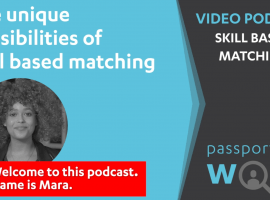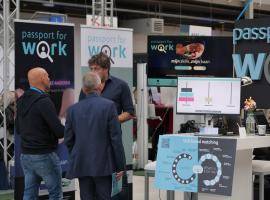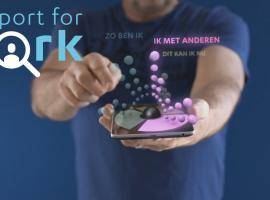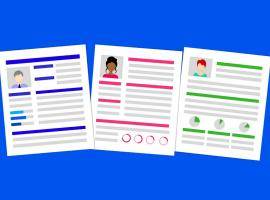As described in the previous web article, P4W is developing tools for skills assessment, eLearnings and job matching. Developing these tools is contingent on having a common understanding of what skills are, to ensure we all speak the same "skills language". Once this step is taken, it becomes easier to convey one's skills to others, because skills will be less open to interpretation and individual (or organisation-specific) perception.
To achieve this goal, significant progress was made in two areas.
First, the U.S. based O*NET skills (which is the basis for P4W) are being applied to the Dutch labour market. For example, in the U.S., a pharmacy assistant is performing mostly sales clerk tasks. In The Netherlands however, a pharmacy assistant also prepares medication and provides medical advice. In P4W, these differences are further investigated through a massive nation-wide research among Dutch employers and employees within the targeted sectors of industry (health care, construction and technology) . More on this in the upcoming web article and Zoom-in podcast in September.
Second, all the O*NET occupations, skills and underlying definitions that will be used in P4W tools are being translated to the A2 language level. The A2 level is part of the European CEFR framework, and represents a basic language level. It is aimed to meet the needs of those who can read and understand short and simple texts. This is a key step to ensure that P4W tools (such as an assessment) are as accessible and understandable as possible.


























